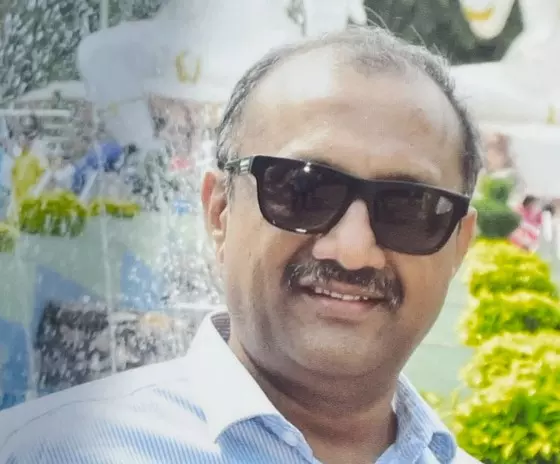Jagan govt in policy logjam with judiciary

There is a growing public perception that governance in Andhra Pradesh is increasingly getting caught in a logjam, with ever more decisions of Chief Minister Y.S. Jagan Mohan Reddy being dragged to courts and held up for judicial scrutiny.
In most cases the petitioners are affiliated to the Opposition parties. With malefactors, purportedly fans of the ruling YSR Congress, stooping down to a new low in reacting on social media platforms to the outcome of court cases, the political atmosphere has been highly charged in the last several months.
Is every decision of CM ultra vires? Is the Andhra Pradesh High Court overstepping and crossing over unwittingly into the plane of judicial activism, and supplanting the policy making powers of the executive? Is it the greater common good to allow a perception among people, however wrong factually, that judiciary and executive are at loggerheads?
“It is time that both Constitutional organs introspect and take corrective measures to ensure the respect of both these institutions is not lowered,” says R.N. Hemendranath Reddy, senior High Court advocate.
Things, most people believe, were hunky dory till Chief Minister Reddy initiated a move to empower poor students of government schools by making English the default medium of instruction.
The motive was to make students of government schools, who cannot otherwise afford English medium schools in the private sector, to benefit from future social climbing and excel on par with children of middle classes in a competitive word.
It was a policy continuum, with his predecessor N. Chandrababu Naidu having actually introduced English medium but in a phased manner. CM Reddy tried to push it aggressively by making English compulsory from classes one to six in all government schools from 2020-2021 itself. Not too far away from the Yogi Adityanath-led BJP government in Uttar Pradesh, which converted about 11,000 Hindi medium schools to English at one go.
The HC found the Government Order in violation of the Right to Education Act. It gave a ruling that parents and the State Council for Education Research and Training (SCERT) should decide on medium of instruction and the child should be given freedom to choose.
“The government should have rectified the anomalies and moved ahead. Instead, party cadre went berserk and made ugly comments on social media against judges,” says Prof K. Nageshwar, political analyst.
Then came the YSRC government’s decision to trifurcate and shift the capital from Amaravati to Visakhapatnam besides setting up a judicial capital in Kurnool. There was stiff resistance to the move from leader of Opposition Chandrababu Naidu.
Villagers of the capital region who either gave their lands for capital building or bought lands anticipating a windfall also opposed the move. The matter went to court.
Significantly, director-general of police D. Gautam Sawang informed the court that one of the petitioners had submitted an old photograph and presented it as if it was taken during the recent protests against capital shifting. The petitioner was facing charges for circulating a fake photo as material evidence in a PIL.
The HC was seized of another decision of the Jagan Reddy government; to shift some government offices to Kurnool, which legal experts say is a pure executive decision. The Centre, on the Floor of Parliament, categorically said it was the state government’s prerogative to choose a capital location and refused to intervene. The court, however, stayed the shifting of offices to Kurnool.
In the LG Polymers styrene vapour leak case, the HC wondered how the company was allowed to take away styrene stored on plant premises as well as at the Vizag port. It gave a ruling that any styrene still left on the premises should not be evacuated.
“It was important to verify if evacuation was done on safety grounds or to help the company and presently how safe is it to retain stocks,” a senior official pointed out.
The matter became ugly with several YSRC followers abusing the judges and trying to intimidate them after the Court, on a single day, disposed cases ordering CBI probe in Dr Sudhakar’s case, setting aside suspension of senior cop A.B. Venkateswara Rao, who handled intelligence gathering for Chandrababu Naidu.
The state government is at liberty to challenge the High Court decisions in the Supreme Court but should ensure that the decisions, though taken for the good of people particularly poor and overall development of the state, are legally tenable. It can put up strong fight aginst judgments which it is of the view that the HC overstepped into the domain of executive.
But it should take firm steps with all genuineness to immediately curb the lumpen elements on the social media who have been abusing and intimidating the judges.

